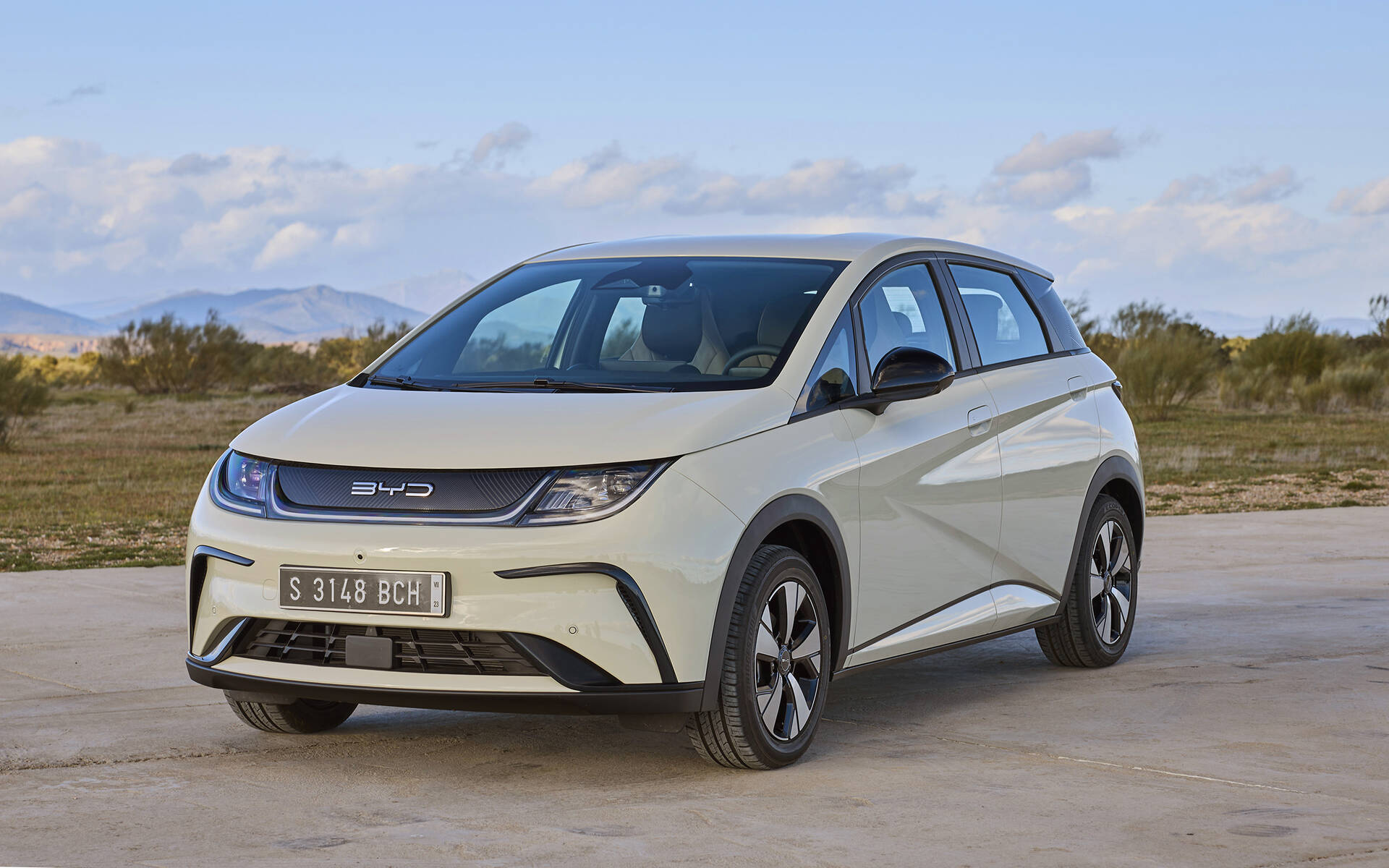Canada to Implement 100 Percent Surtax on All Chinese-made EVs This Fall
Following the lead of the U.S. and Europe, and based on the 30-day public consultation it held earlier this summer, the Canadian government confirmed on Monday plans to implement a 100-percent surtax on all Chinese-made electric vehicles effective October 1, 2024.
This surtax, which will apply in addition to the import tariff of 6.1 percent that currently applies to EVs produced in China and imported into Canada, includes electric and certain hybrid passenger automobiles, trucks, buses and delivery vans. Details are listed in the Schedule to Canada's Customs Tariff.
- Also: China’s BYD Actively Working to Enter Canadian Market: Report
- Also: China’s BYD Shark Plug-in Hybrid Pickup Launches in Mexico, Leaves Out Canada
The announcement was made in Halifax by Canadian Deputy Prime Minister and Minister of Finance Chrystia Freeland mostly to protect the Canadian auto industry against unfair competition from Chinese producers, which benefit from non-market policies and practices. Let’s not forget that Canada has invested massively these past few years to secure large-scale plants from Stellantis, Volkswagen and Honda, among others.
“Canadian workers and critical sectors, including steel and aluminum, are facing an intentional, state-directed policy of overcapacity, undermining the Canada’s ability to compete in domestic and global markets. That is why our government is moving forward with decisive action to level the playing field, protect Canadian workers, and match measures taken by key trading partners,” Freeland said.
In addition to their severely increased import costs, Chinese-made electrified vehicles will no longer be eligible to purchase incentives since access to the federal government’s various programs will be restricted to products made in countries which have negotiated free-trade agreements with Canada.

According to data from Statistics Canada, the value of Chinese EVs imported by Canada skyrocketed from less than $100 million in 2022 to $2.2 billion last year, mainly due to the fact that the Tesla Model 3 and Model Y are now largely imported from there. Volvo and Polestar also build EVs in China.
The Trudeau administration, however, is likely more concerned about Chinese automakers that sell cheap vehicles, including BYD. As previously reported, the latter has hired lobbyists in a first move to prepare an entry into Canada.
Effective October 15, 2024, the federal government also intends to apply a 25-percent surtax on imports of steel and aluminum products from China. Furthermore, it will launch a second 30-day consultation concerning other sectors critical to Canada’s economy, including batteries and battery parts, semiconductors, solar products and critical minerals.
Freeland noted that the new measures may be extended for a further period of time and supplemented by additional actions, as appropriate. They will be reviewed within a period of one year from their entry into force.











